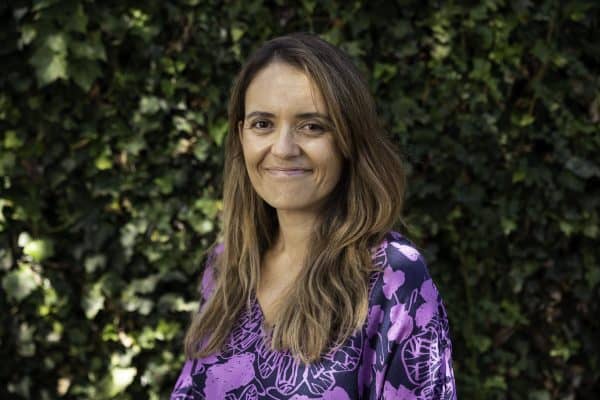Growing Up in New Zealand (GUiNZ) Extreme Weather Survey
Extreme weather events can have negative consequences for mental and physical health. Extreme weather or natural disasters are related to increases in post-traumatic stress symptoms, depression, and anxiety in adults and young people. Furthermore, those exposed to severe weather conditions are at risk of injury, disease, and worsening of chronic illnesses.
Rangatahi/young people may be particularly vulnerable during an extreme weather event. Growing Up in New Zealand asked 680 rangatahi/young people and 817 mothers/primary caregivers about their experiences during and after the Auckland Anniversary Weekend Flooding and/or cyclone Gabrielle. These extreme weather events occurred at the start of the 2023 school year, which may have disrupted educational experiences. Damage to infrastructure and housing may have impacted social connectedness and access to health and social services.
The outcomes of this survey are presented in this webinar.
Webinar Speakers

Sarah-Jane Paine
Waipapa Taumata Rau - The University of Auckland
Sarah-Jane (Tuhoe) is an Associate Professor in Māori Health at Te Kupenga Hauora Maori and the Research Director for Growing Up in New Zealand - the largest contemporary longitudinal study of child and youth wellbeing in Aotearoa New Zealand. Sarah-Jane is an experienced Kaupapa Māori epidemiologist with a range of projects investigating ethnic inequities in health and the determinants of health across the life-course.

Denise Neumann
Waipapa Taumata Rau - The University of Auckland
Denise is a Research Fellow at the Growing Up in New Zealand longitudinal study at Waipapa Taumata Rau - The University of Auckland, where she has been based since 2019. She is the research team lead for the Culture and Identity domain, and her research interests include psychosocial and cognitive development, culture & identity, psychometrics, mental health and wellbeing.

Ben Fletcher
Waipapa Taumata Rau - The University of Auckland
Ben is a Research Fellow at the Growing Up in New Zealand longitudinal study at Waipapa Taumata Rau - The University of Auckland, where he has been based since 2022. He is the research team lead for the psychosocial and cognitive development domain, where his research is focused on factors that may impact child health and well-being in Aotearoa New Zealand. He has a background in neuroscience and psychology.
